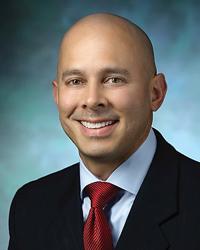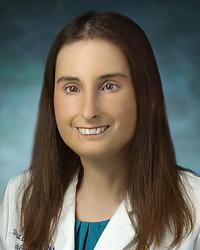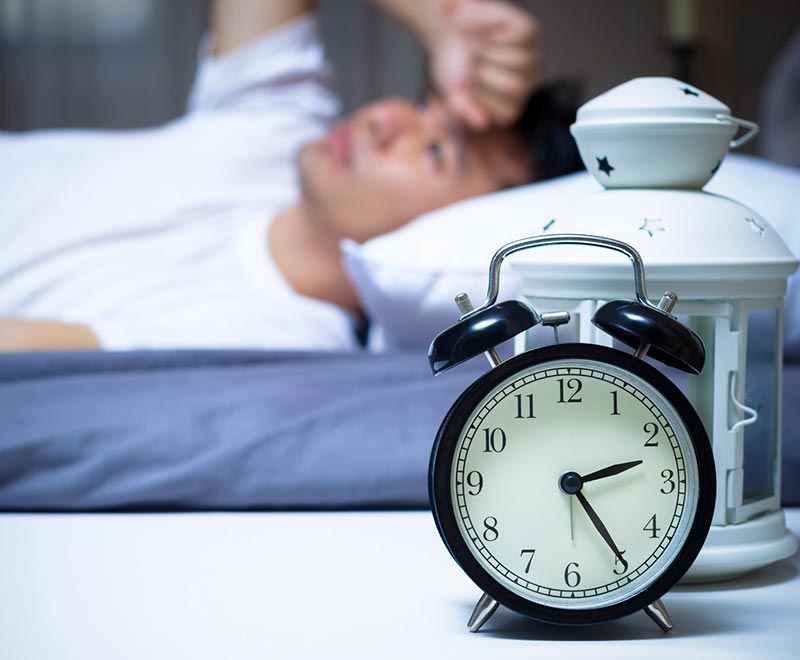Behavioral Sleep Medicine Program
The Johns Hopkins Behavioral Sleep Medicine Program's mission is to advance the science and treatment of sleep disorders and their consequences, using behavioral and psychological approaches.
-
Research
In conjunction with the Behavioral Medicine division, we are conducting research to advance the scientific understanding of sleep and sleep disorders, in particular the relationship between insomnia and chronic pain. Learn about eligibility and how you can participate.
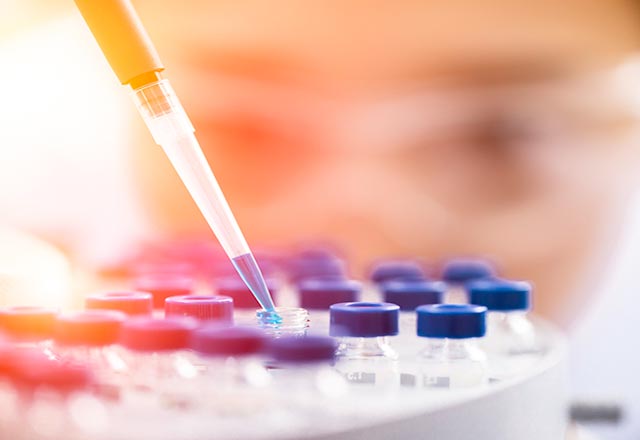
-
Clinical Care at Johns Hopkins
The Behavioral Sleep Medicine Clinic at Johns Hopkins Bayview Medical Center provides adult outpatient services to help patients improve their sleep and live healthier, happier lives. Learn more about our clinic and how we help people.
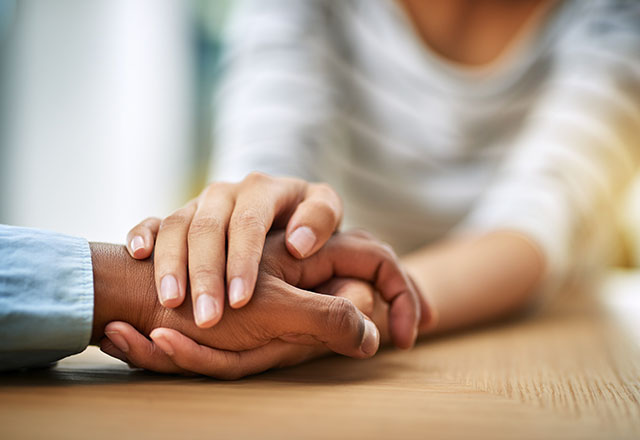
-
Training in Behavioral Sleep Medicine
The Johns Hopkins Department of Psychiatry and Behavioral Sciences offers a 1-2 year postdoctoral fellowship that provides the requisite training, supervision, and clinical and research experience necessary to develop expertise in behavioral medicine/health psychology.
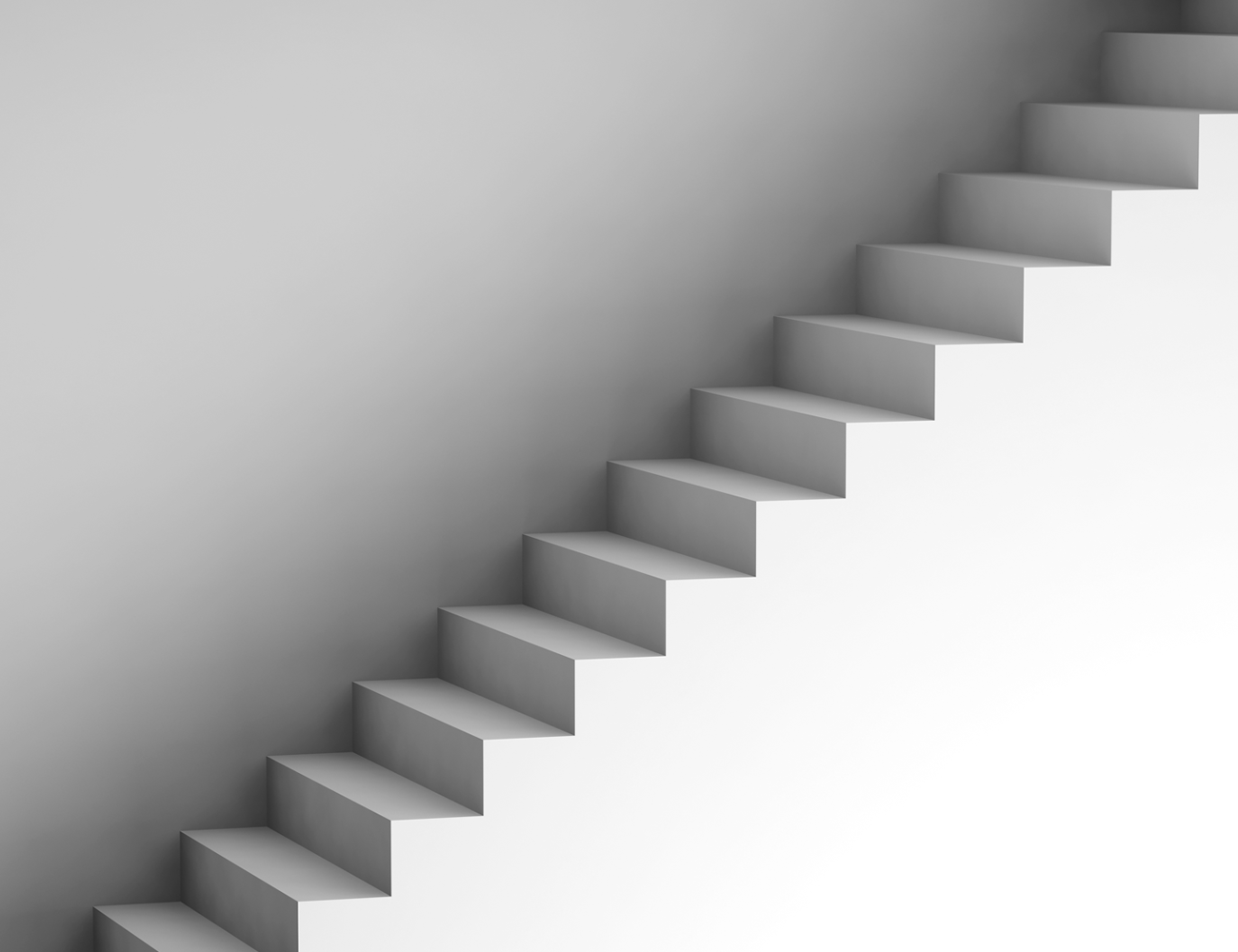
What is Insomnia?
Insomnia is a problem either falling asleep or staying asleep that causes personal distress or interferes with your daytime functioning in some way. There are two main types of insomnia: "primary" and "secondary".
Primary insomnia is having difficulties with sleep which are not caused by a medical or psychiatric disorder. Although primary insomnia often begins with stress or physical injury, it continues long after the factors that first started it have been resolved.
Secondary insomnia is caused by a medical or psychiatric disorder. Examples of such conditions are an overactive thyroid, major depression, a medication side effect, and another sleep disorder (e.g. sleep apnea).
What is Sleep Loss?
While insomnia is an involuntary inability to sleep, many people suffer from sleep loss by deliberately restricting their sleep either for work-related reasons or other purposes. Individuals vary on the amount of sleep needed to feel refreshed and function at their best. Studies show that when you get less sleep than you need, this negatively affects you physically and mentally. The effect can be cumulative. This is sometimes referred to as "sleep debt".
It is believed that millions of Americans do not get adequate amounts of sleep on a regular basis. Although everyone has a different need for sleep, most people seem to require more than 6.5 hours per night. Restricting sleep time may negatively affect a variety of important cognitive and physiologic functions. Sleep restriction can also lead to daytime sleepiness, which can increase the rates of accidental injuries and automobile crashes.


